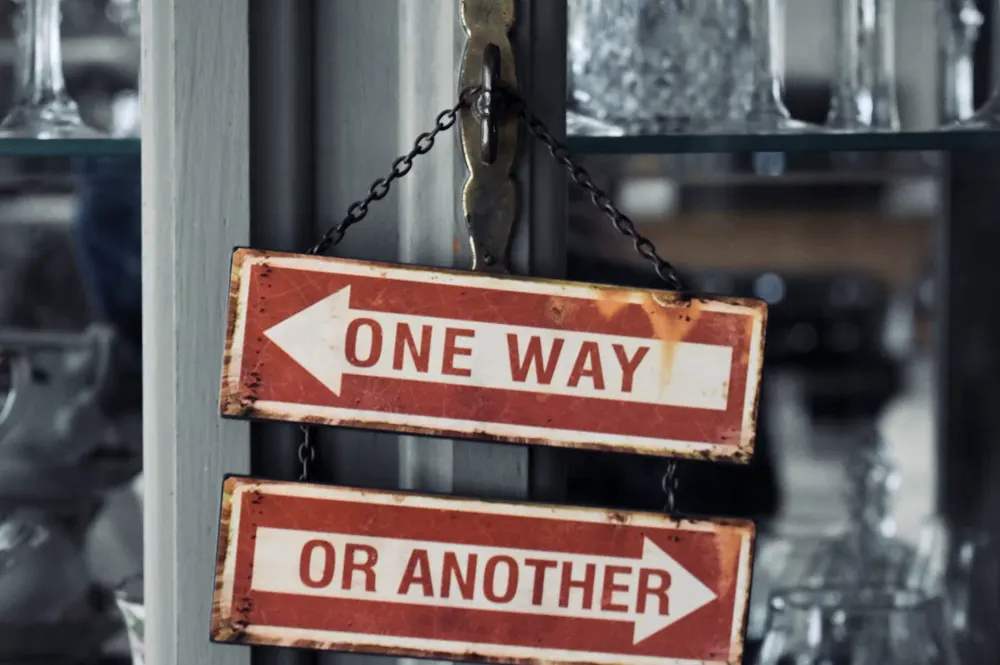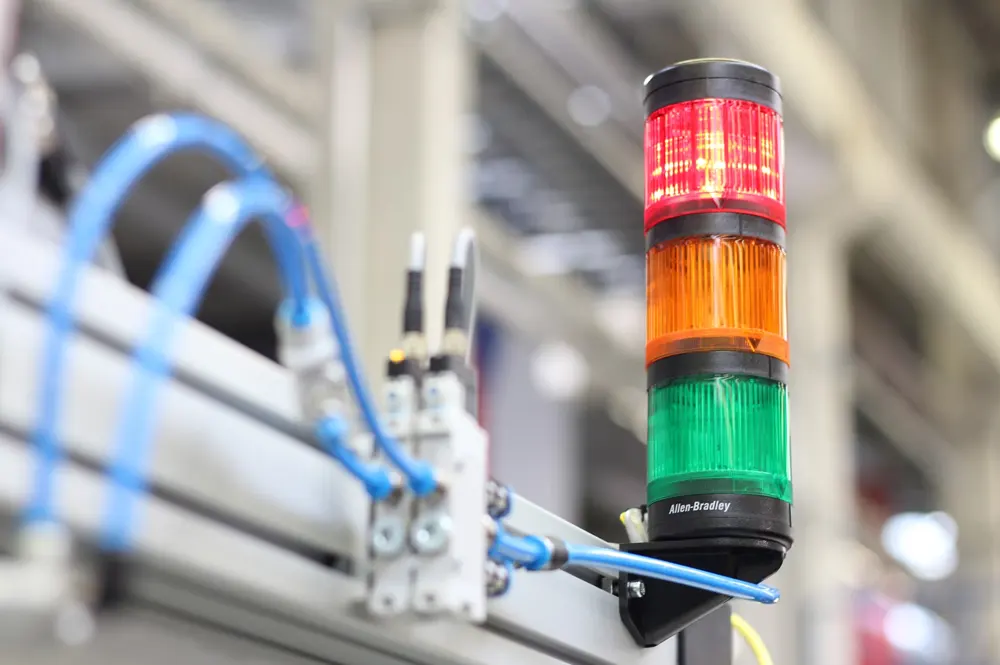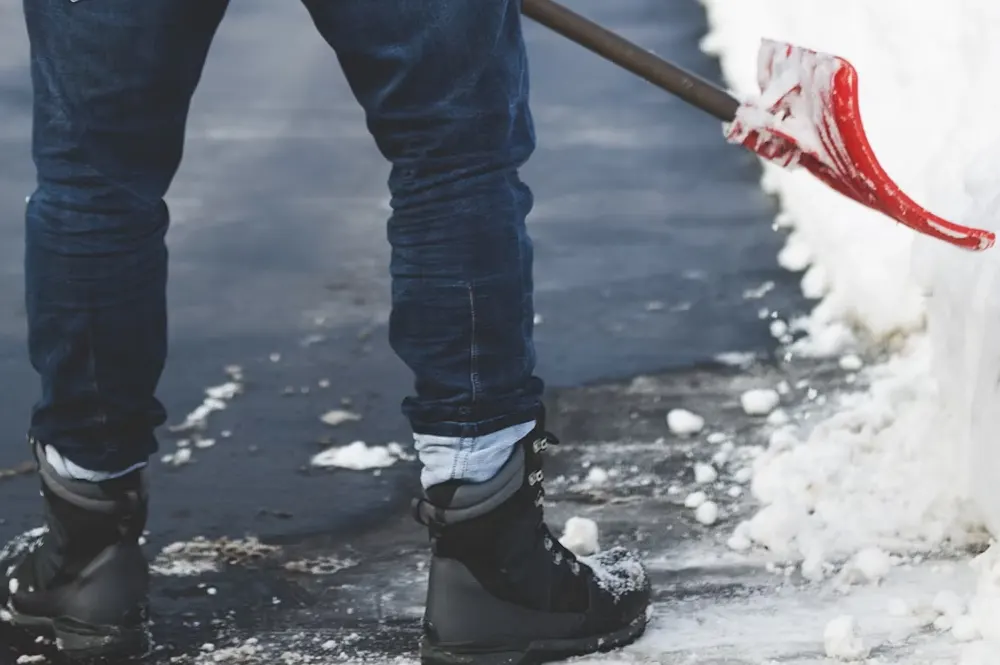Your teen’s employer is not the only one responsible for making sure that your teen is safe on the job. You and your child should also take a proactive role in ensuring that he or she does not suffer any injuries or illnesses. Help your child make his or her first experiences in the working world valuable.
Stay Involved
- Recognize that teens (and all workers) are entitled to a safe and healthy working environment under the Occupational Safety and Health Act of 1970 (OSH Act). Do not assume that your teen is aware of his or her rights or that the employer is educating their employees of these rights.
- Take an active role in the employment decisions of your child. Know where he or she is working and what duties are being performed. Frequently talk with your child about what he or she did at work and address any problems or concerns.
- Talk with your teen about the training and supervision that takes place in the workplace. Encourage your child to participate and to take this seriously.
- Watch for signs that the job is taking too much of a physical and mental toll on your teen. If there is a loss of interest in or energy for other activities, the job may be too demanding. Other signs of concern may include increased stress levels, anxiety, fatigue, depression and use of alcohol or other drugs.
- Talk to your teen about the importance of balancing school and work responsibilities.
- Support your teen in reporting hazards to management, to OSHA or to your state’s Department of Labor when work environments appear to be unsafe.
- Ask your child about the equipment that is used on the job and the dangers associated with operating that equipment.
Know the Facts
- Know the Federal Child Labor Laws and State Child Labor Laws for your area. Call 866-4USADOL for more information or visit dol.gov/dol/topic/youthlabor/.
- Share information with other parents about child labor laws and what to look for when assisting teens in finding a part-time job.








